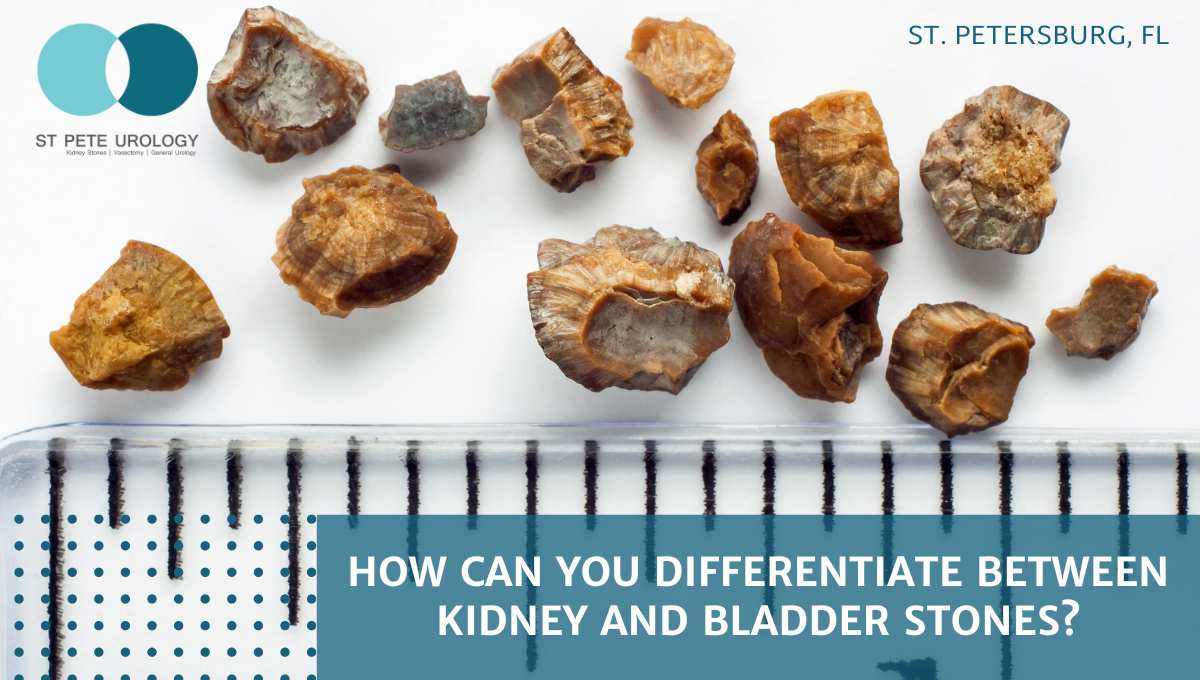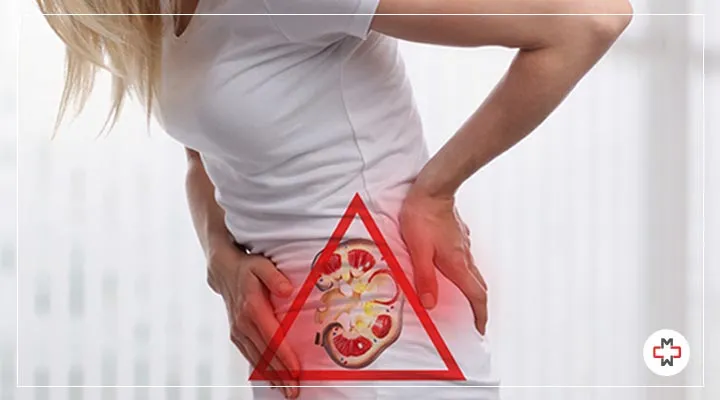Contrasting Kidney Stones vs UTI: What You Required to Know About Their Effect On Health and wellness
Contrasting Kidney Stones vs UTI: What You Required to Know About Their Effect On Health and wellness
Blog Article
Checking Out the Effects and Causes of Kidney Stones in Comparison to Urinary System Infections: A Comprehensive Overview
The expedition of kidney stones and urinary system system infections (UTIs) reveals a complicated interaction of symptoms and underlying causes that necessitate careful assessment. While both problems can lead to hematuria, they provide distinctive clinical functions and develop from various etiological elements. Comprehending the subtleties of each problem is essential for efficient medical diagnosis and monitoring. What are the key differences in their signs, and just how might these educate treatment techniques? The response to these inquiries may give crucial insights into the avoidance and treatment of these typical urological issues.
Review of Kidney Stones
Kidney rocks, also called kidney calculi, kind when particular materials in the pee crystallize and aggregate, resulting in the advancement of difficult deposits within the kidneys. These stones can differ in dimension, varying from a grain of sand to a golf sphere, and can be composed of various products, one of the most typical being calcium oxalate, uric acid, struvite, and cystine. The formation of kidney stones is influenced by numerous variables, consisting of dietary practices, fluid consumption, and hereditary predisposition.
Symptoms of kidney rocks might include severe discomfort in the back or side, blood in the urine, nausea, and frequent peeing, especially as the stone relocates with the urinary system. Medical diagnosis usually involves imaging studies such as ultrasound or CT scans, along with urinalysis to determine the stone's make-up.
Treatment options differ based on the dimension and sort of rock, in addition to the seriousness of signs and symptoms (Kidney Stones vs UTI). Little stones might pass naturally with raised liquid intake, while bigger stones might need medical treatments such as lithotripsy or surgical elimination. Understanding the pathophysiology and threat elements related to kidney rocks is important for reliable prevention and monitoring
Summary of Urinary System Tract Infections
Urinary system tract infections (UTIs) are common bacterial infections that impact any kind of part of the urinary system, including the kidneys, ureters, bladder, and urethra. They primarily happen when microorganisms, often from the gastrointestinal tract, go into the urinary system, leading to swelling and infection.
The frequency of UTIs is especially greater in women than men, mainly because of anatomical differences, such as a shorter urethra. Danger variables consist of sex, certain contraceptive methods, urinary retention, and dehydration. The diagnosis of UTIs is generally confirmed through urine tests, which might disclose the visibility of microorganisms, leukocyte, or red cell.

Signs And Symptoms of Kidney Stones
The discomfort connected with kidney rocks can show up in numerous ways, usually leading individuals to look for medical focus. One of one of the most typical signs is serious discomfort, usually localized in the lower back or side, which may emit to the abdominal area or groin. This discomfort, commonly described as sharp or cramping, can take place unexpectedly and may fluctuate in strength.
Furthermore, people might experience hematuria, or blood in the urine, which can vary from microscopic total up to visible staining. This signs and symptom might be come with by modifications in urinary system routines, such as raised regularity or urgency, along with discomfort throughout peeing. Queasiness and vomiting are likewise prevalent, usually resulting from the body's response to intense discomfort.
In many cases, individuals might experience fever and chills, especially if a secondary infection establishes as a result of the obstruction triggered by the rocks. In general, the combination of severe discomfort, hematuria, transformed urinary patterns, and intestinal signs can give significant insight right into the visibility of kidney rocks, requiring timely clinical analysis and intervention. Understanding these signs is critical for prompt diagnosis and effective administration of the problem.
Signs And Symptoms of Urinary System System Infections
Infections within the urinary system system often present a variety of unique signs and symptoms that can dramatically impact day-to-day live. The most common symptoms include a persistent urge to urinate, frequently gone along with by a burning feeling during urination, referred to as dysuria. Individuals may also experience increased frequency of urination, generating percentages of pee each time.
Various other significant signs include cloudy or foul-smelling pee, which might suggest the presence of bacteria or pus. In many cases, pee might appear red or pink due to the presence of blood, a my sources problem understood as hematuria. Furthermore, individuals might experience pelvic pain or pressure, which can even more exacerbate the sensation of seriousness.
Systemic symptoms may additionally materialize, such as fever, chills, and tiredness, especially if the infection has actually ascended to the kidneys. It is vital to acknowledge these signs early, as neglected urinary system tract infections can cause more serious problems. Kidney Stones vs UTI. Trigger clinical attention is advised when these signs and symptoms are observed, enabling proper analysis examination and treatment to reduce pain and avoid more wellness concerns
Sources Of Each Problem
Frequently, kidney rocks and urinary system infections emerge from distinct yet in some cases overlapping causes that can impact individuals in different ways. Kidney stones normally form as a result of metabolic variables, dietary options, and genetic tendencies. Increased levels of calcium, oxalate, or uric acid in the pee can result in rock development. Dehydration, insufficient liquid consumption, and high-sodium diets can worsen these problems, promoting condensation within the urinary system system.

Comprehending these distinct causes is crucial for avoidance and therapy. Kidney Stones vs UTI. While way of life adjustments may mitigate the threat of kidney rocks, suitable hygiene and punctual therapy of urinary tract infections are essential for lowering their reappearance and connected problems
Conclusion
In recap, kidney rocks and urinary system infections present unique symptoms and underlying causes. Kidney rocks are characterized by serious discomfort and metabolic elements, while urinary system tract infections mostly entail bacterial infections leading to urinary system necessity and discomfort.
The expedition of kidney rocks and urinary tract infections (UTIs) discloses a complex interplay of signs and symptoms and underlying causes that require mindful examination.Urinary system infections (UTIs) are common microbial infections that impact any kind of component of the urinary system, including the kidneys, ureters, bladder, and urethra.Often, kidney rocks and urinary tract infections develop from distinctive yet sometimes overlapping reasons that can impact people in different ways.In summary, kidney stones and urinary tract infections existing distinctive signs and underlying causes. Kidney stones are characterized by extreme discomfort and metabolic aspects, while urinary tract infections mostly entail microbial infections leading to urinary necessity and pain.
Report this page